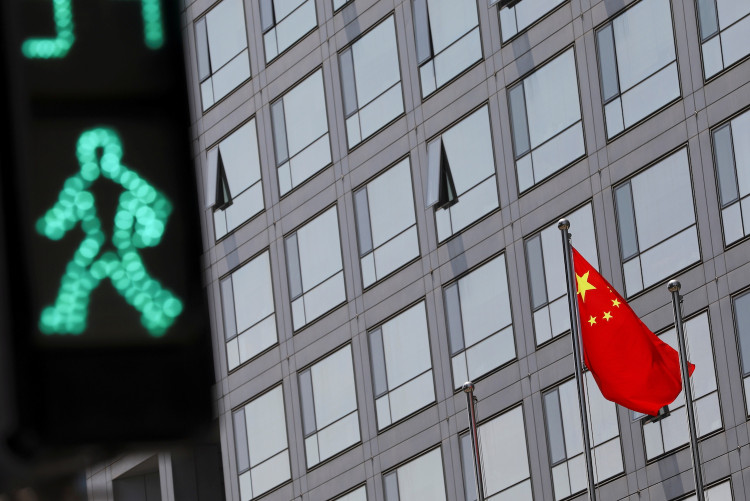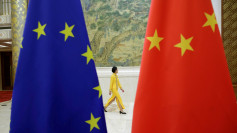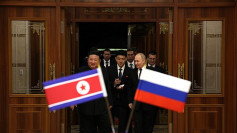In a move that underscores Beijing's growing concerns about foreign influence, China has significantly tightened restrictions on overseas travel for its civil servants and employees of state-linked enterprises. This decision, which is not related to the ongoing COVID-19 pandemic, is based on official notices and insights from over a dozen individuals familiar with the situation.
Chinese authorities are imposing more stringent restrictions on personal travel abroad for these individuals, coupled with increased scrutiny of their foreign connections. The measures, which traditionally applied to senior government officials and state executives privy to confidential information, are now being extended to lower-level civil servants and state-enterprise workers. For instance, lower-level employees at China Construction Bank in Beijing and Shanghai can now only travel abroad for personal reasons once a year, with their trips capped at a maximum of 12 days. Similarly, public school teachers are facing new overseas trip restrictions.
Furthermore, there is a parallel effort by Chinese central and local authorities to map the personal and family connections of government and state-linked workers to other countries. Authorities began issuing questionnaires for this purpose around late last year, collecting information about relatives with foreign nationality or overseas permanent residence, as well as details of foreign assistance or experience. The exact use of this data remains unclear, but it aligns with China's recent focus on countering foreign influence.
Experts believe that these actions are in line with President Xi Jinping's emphasis on national security, especially given the strained relations with Western countries. Neil Thomas, a fellow of Chinese politics at the Asia Society Policy Institute's Center for China Analysis in Washington, explained that Beijing's concerns stem from the threat of espionage by Western nations. By preventing government employees from traveling abroad, opportunities for foreign powers to engage in espionage could be reduced. Additionally, Xi's political ideology, which seeks inspiration from within China rather than the West, plays a significant role.
It's worth noting that China had around 7 million civil servants and 70 million state-enterprise workers, according to the most recent data from 2015. These travel restrictions could have implications for China's engagement with the world. Reduced exposure to foreign countries might limit Chinese officials' ability to learn from other governments and understand global perceptions of China.
The Ministry of State Security, in a recent move, identified a Chinese national in Italy suspected of spying for the U.S. Central Intelligence Agency (CIA) and warned of potential Chinese recruitment abroad. The CIA did not provide a response to these allegations.






